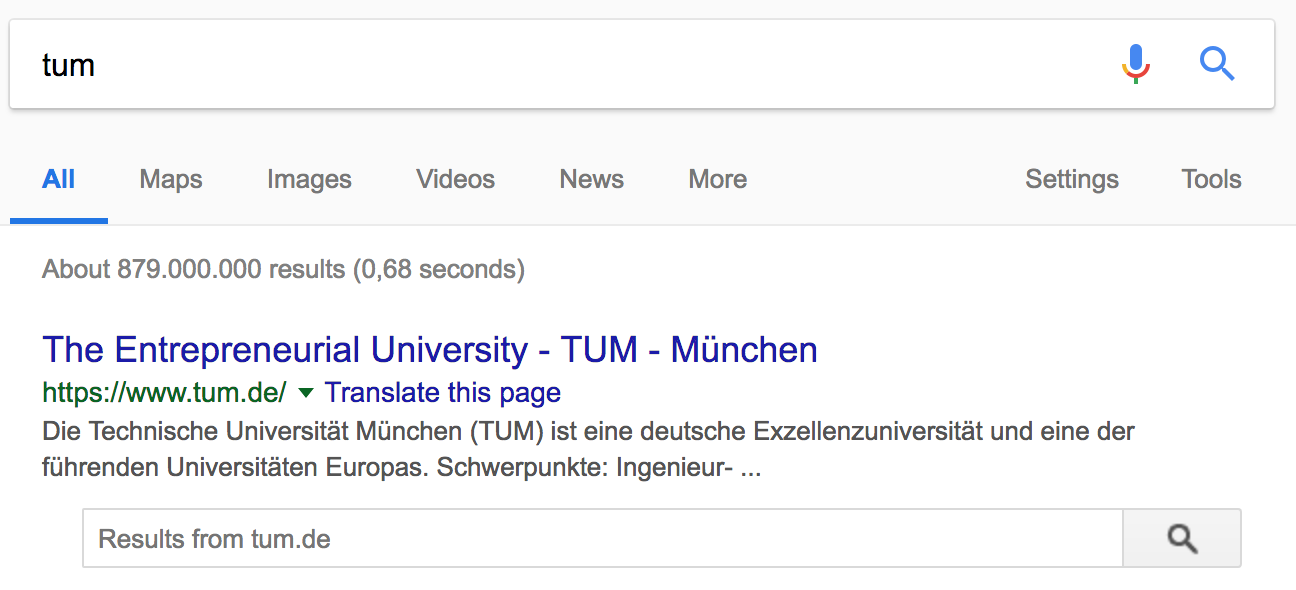When I started university the “The Social Network” movie had been out only four years. And although this feels like an eternity as far as hype cycles go, you would be hard pressed to find an economics or CS student, who has not fantasized about rising above his peers by hacking together the next game-changing tech solution. And it’s not just some romanticized career path for millennials: Institutions are catching up, too. By the time I founded weview, the Technical University of Munich had completely rebranded itself as an “Entrepreneurial University”.

I will opinionate hard on this move in another blog post, but let’s stick with the bottom line: This question is here to stay and I will share my perspective on it as I have had to make the decision myself.
What are your options?
Let’s get one simple thing out of the way: Both dropping out and not is perfectly fine and mostly depends on your personal risk averseness and perspective. I will not argue for either the Thiel camp nor encourage you to wait out an opportunity, which is well argued for in this Forbes article. I will, however, caution you on dropping out if you have not completely validated your idea — yet another topic I will have to postpone — assuming that you even want to embark on the emotional rollercoaster that is founding a startup. Since the answer will be no, for almost every student reading, you should definitely not drop out. Thanks for reading. Don’t forget to share.
Oh if you are still here, there’s also a third option we can entertain: Continue studying, while founding a company. Now put those pitchforks down: This will neither be hustle porn nor some lifehack, but a rough path I can chart out, by looking back.

Why not both?
Con: If you take this option out of indecisiveness, there is a high chance that you will fail hard at both.
Pro: Even if you do as long as you completed your degree and your company amounted to more than a landing page, you can boast a lot of experience. Even if that experience means that building a startup is not for you. Worst case: You walk out with a mediocre degree and a failed company. Best case: You can drop out with more confidence or even finish the degree.
Why it works
Both getting a degree and getting your startup past validation is about one thing and one thing only: Learning through experimentation.
Founders who don’t get this waste a tremendous amount of time on building things that nobody needs and ultimately strangling their company. Students, on the other hand, miss out on shortcuts to the key insight of a given subject, by never changing their studying method.
How it can work
So knowing this, here are some pointers of things to keep in mind, when trying to balance and succeed at both.
Let go of your ego. And by this I mean: Stop attaching your self-worth to your grades. You know what you can do and others will see it in the work you do. If they don’t you nowadays can choose between millions of companies and people that are more result and less label oriented. There are many frameworks and hacks for how to be a hyper-efficient student, but this mindset will help you focus on outcomes and cut out nonsense.
Don’t get too attached to the idea or the company as this will hurt experimentation and can frankly be just obnoxious.
Make all your work about learning. Don’t code a website, learn something about the customer and the product. Don’t read a chapter, understand the why and to what end of the subject.
Get amazing Mentors both for Startup and University. There simply is no better efficiency lever than this.
Don’t overcommit until you have not found your product market fit. Again, even if your social crypto AI is definitely different than all the others, the market is the only judge that gets to decide.
How it can fail
Looking back I would say that the biggest failure was that I could have experimented harder. I completed my studies shortly after we had pivoted to a B2B solution that the market is absolutely in love with. We could have found it earlier and I could have saved a lot of time on both sides. But hey, hindsight is 20/20.
TLDR; Doing both is possible if you can let go of your ego and make it all about learning.
Was this article interesting or relevant to you? Pass on the goodness by sharing it.